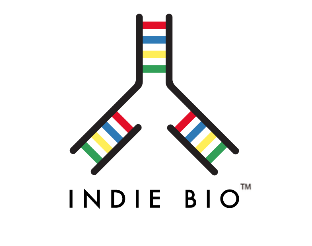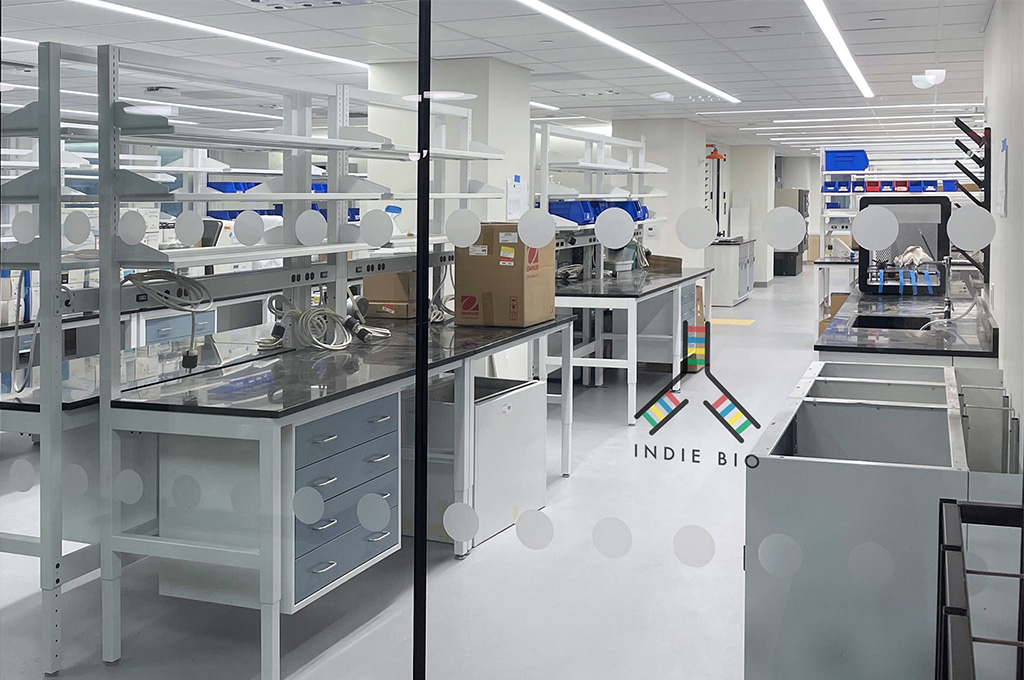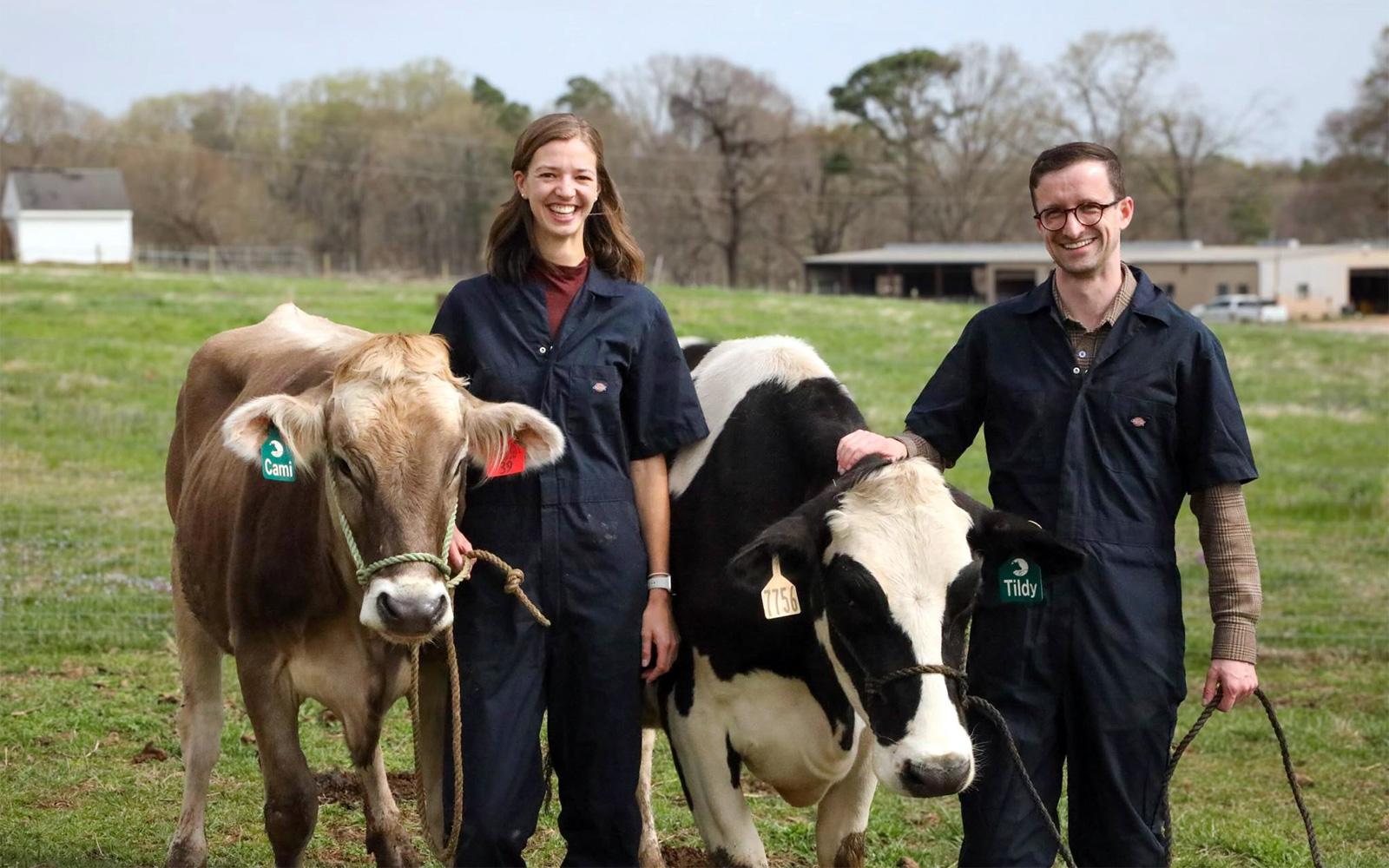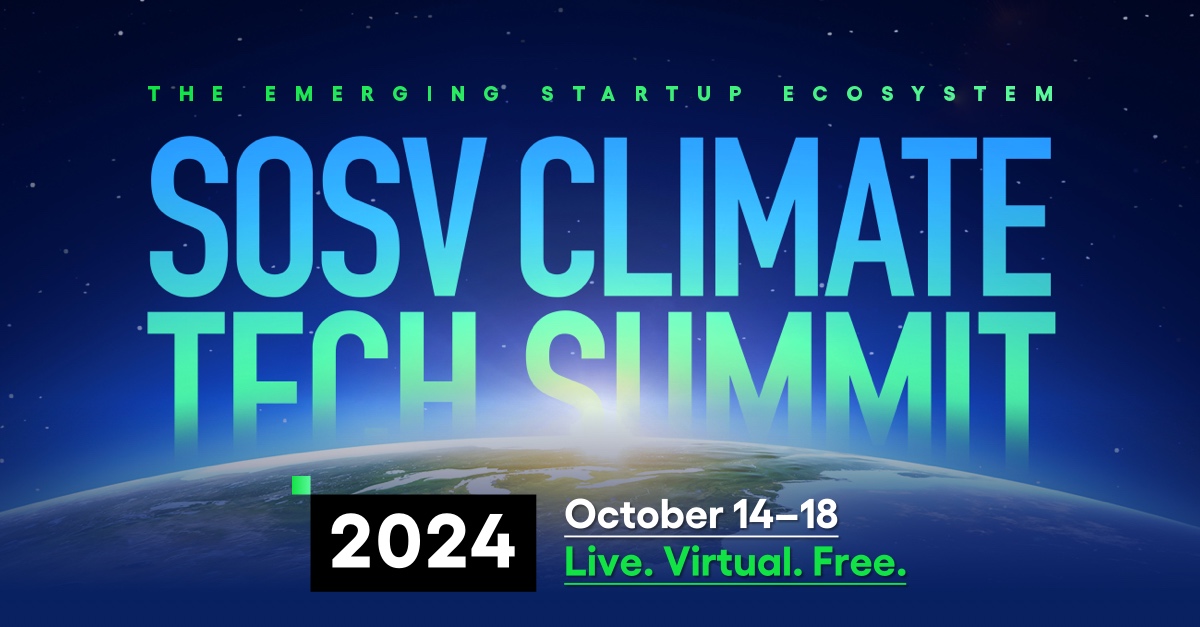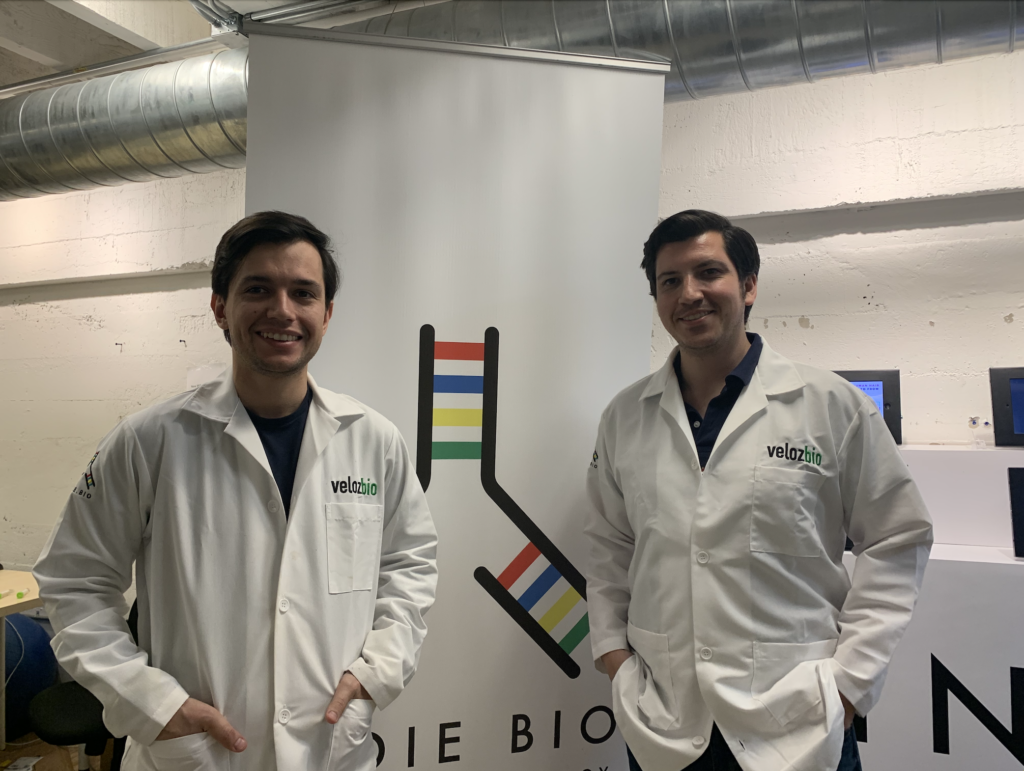
Producing purified proteins is an expensive proposition, despite advances in expression systems, bioprocessing technologies and major strides in scale. The capital expense of bioreactors and bioprocessing equipment, combined with high variable costs for growth media, downstream processing, and quality control, continues to keep costs higher than desired. Proteins that are used as biotherapeutics are particularly expensive due to levels of purity and/or sterility required, even higher quality control costs, and the amortized overhead to meet FDA or other regulatory requirements. Besides being expensive, it is a risky and time-consuming undertaking to scale-up a protein production process. Many proteins are finicky to express even when DNA sequences and molecular structures are well known and characterized. Even today, bioprocessing scale-up experts deem it an art form to achieve industrial scale yields of many valuable proteins.
Molecular farming came on the scene to address some of these problems. We have now successfully used plants to produce antibodies, vaccines, and medicinal proteins, as well as nutraceuticals and functional food. This growing field promises a future where farmers of the future could be growing crops to provide medicines as well as industrial proteins. However, molecular farming approaches usually require a transgenic plant to grow to full size before harvesting the leaves, where the target protein is usually expressed. So, while it can avoid the large capital expenditures of a modern bioprocessing plant, it is certainly not veloz (Spanish for “fast”), i.e., there are clear and inherent limitations to scaling molecular farming.
It is into this landscape that Veloz Bio came into being. Veloz Bio produces beautiful, high-grade proteins from ugly, discarded fruit. Veloz’s platform is built around harnessing the metabolism of post-harvest vegetables and fruits to transiently express target proteins at a speed, scale and cost previously thought impossible. Almost half of all bananas or tomatoes planted for human consumption never gets to the table. Veloz Bio, formed by two founders with learned competencies from working with post-harvest inputs to produce functional food extracts, is well poised to disrupt the economics of protein production using their fast, decentralized, and zero CapEx approach to protein production. They are perfecting molecular farming, without the farm.
We caught up with Enrique Gonzalez, CEO of Veloz Bio, as he was moving fast around our “ivory basement” and asked him a few questions:
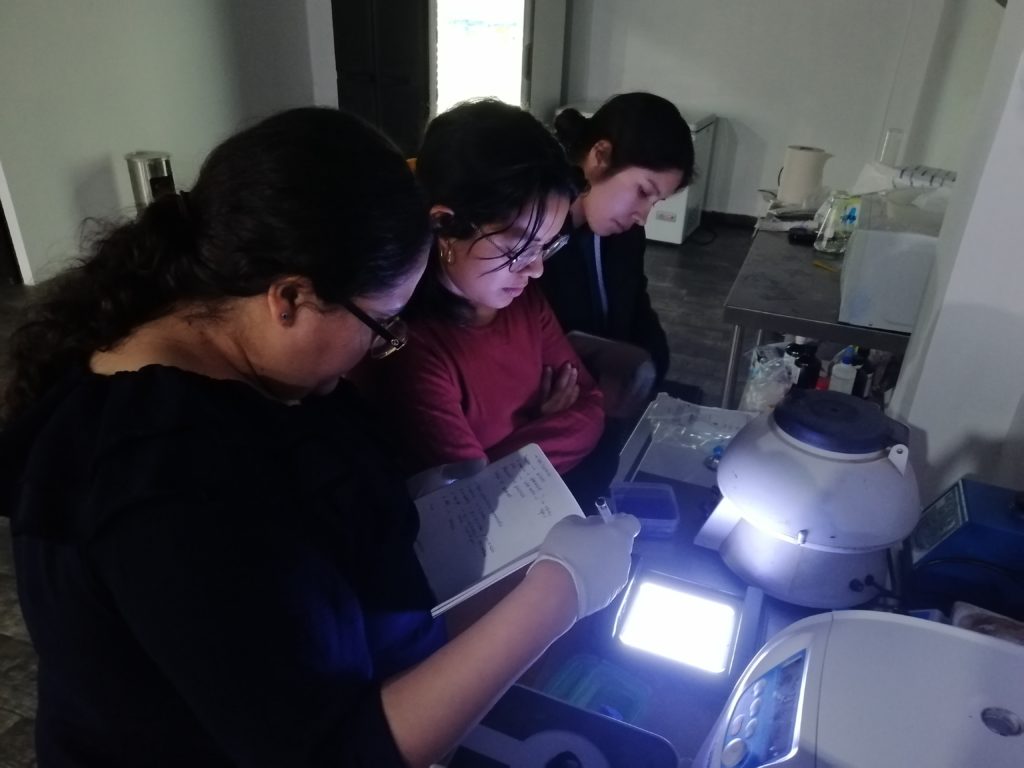
Why did you and Flavio start Veloz Bio?
Flavio, my COO co-founder, and I have been committed to making high-quality food and food ingredients affordable for all. We worked together at a previous company where we deployed and perfected a reverse logistics supply chain, focused on taking discarded fruit to make processed food ingredients and flavorings much more affordable. While this made a dent in the economics of food ingredients, we were dissatisfied. When we came up with this breakthrough proprietary technology to use discarded fruit to make valuable proteins, we realized we had a fresh opportunity to expand our mission. We are now able to jump-start Veloz Bio by leveraging our expertise in the reverse logistics of large scale processing of second/third quality fruit inputs, sent directly to us from farmers.
What is your initial product focus and will you follow a B2B business model like your previous company?
Proteins are the basis of life. Yes, we will become a B2B supplier of valuable proteins, but at speed and scale previously unimaginable. We are starting with an initial focus on specific high value proteins that are used in the production of meat and cheese alternatives. For example, -casein is the holy grail of vegan cheese production. As we talk with potential customers, we are hearing loudly that no one has been able to make -casein at reasonable yield or purity and are thus unable to provide a robust “casein solution” to vegan cheese producers. Despite the fact that the taste of vegan cheese is limited by the lack of key ingredients such as -casein, that market is growing at a nice clip of 15-20% each year. Imagine how fast that market would grow if vegan cheese actually tasted anything like the original? We enable that.
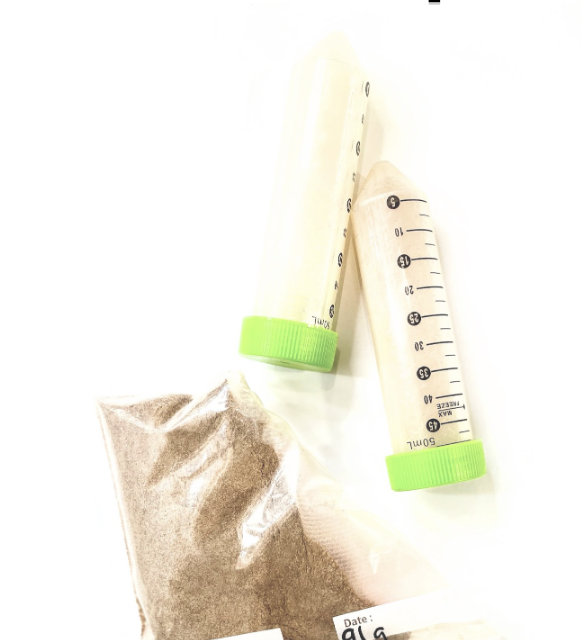
What milestones have you accomplished in the last few months?
During the IndieBio program, we validated that our “moon shot” protein production platform actually works. We were able to produce functional proteins using discarded fruits in a manner that is both technically and economically viable. We have already produced -casein and other proof-of-concept proteins. And we did this at veloz speed and scale! We can take new proteins from nanogram to kilogram scale in just 2 weeks! Compare that to a precision fermentation company which would easily require 10 months or more to accomplish the same. And we do it at a cost trajectory that current producers cannot dream of achieving.
Hear how they outcompeted their peers for the most progress in one week in our Killer of the Week podcast: #1219 – Vegan cheese just got a major boost.
